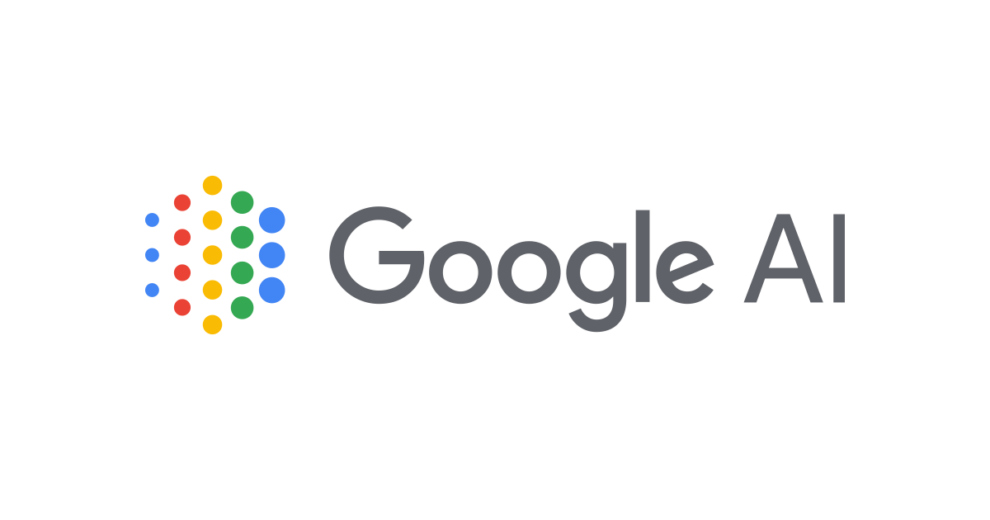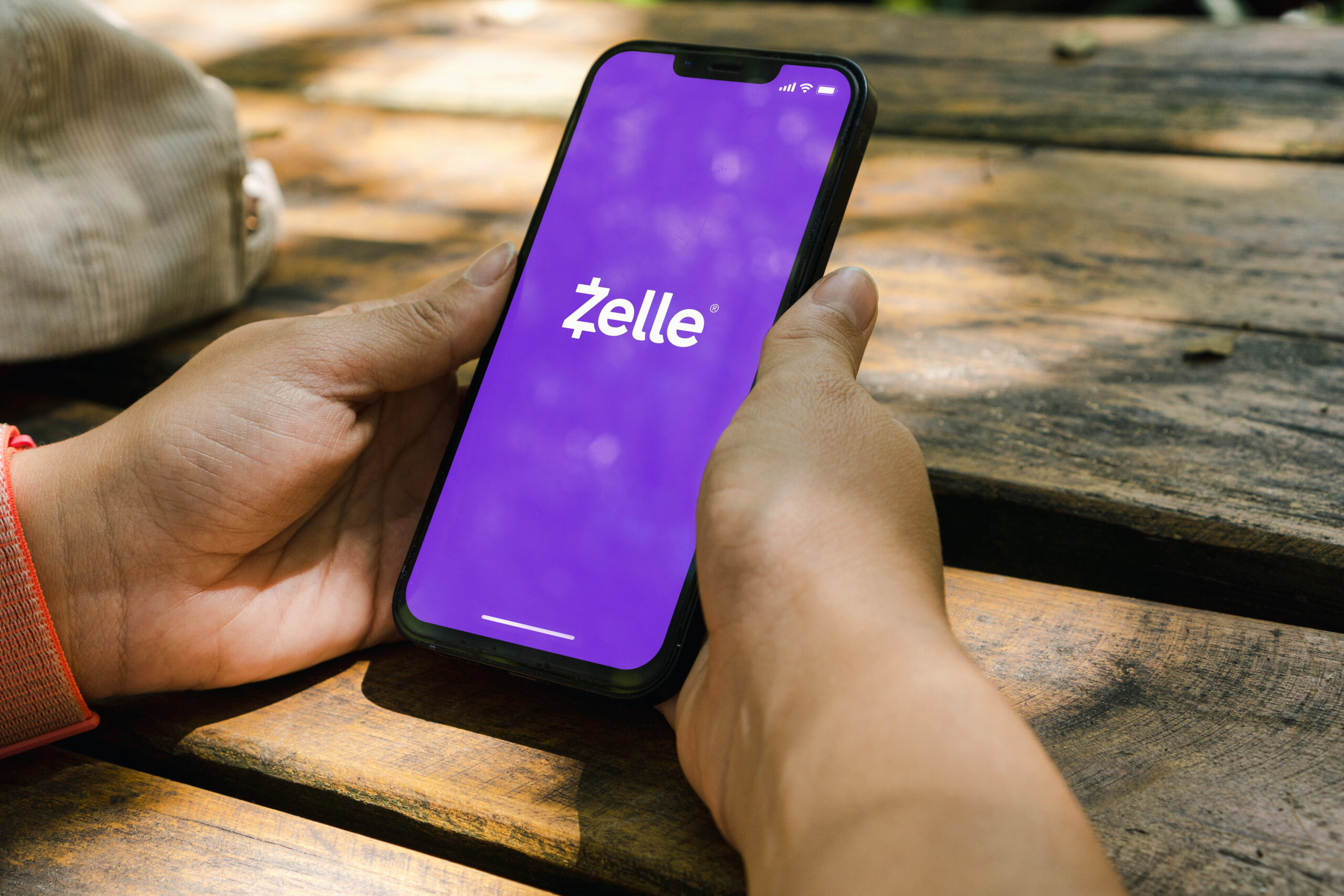News executives are sounding the alarm over Google’s plans to integrate AI deeper into search results, fearing a “traffic black hole” that could cripple their online audiences and revenue streams. The tech giant’s ambitious AI project, rumored to be in early development, aims to provide users with answers and summaries directly within search results, potentially bypassing traditional news websites altogether.
Key Highlights:
- Google’s AI integration in search results raises concerns among news publishers.
- Publishers fear a 20-40% drop in Google-driven traffic, impacting revenue and ad sales.
- Concerns extend beyond traffic, with worries about AI-generated content diluting journalistic value.
- Media organizations call for regulation of AI models to protect content ownership and copyright.

This potential shift has sent shivers down the spines of publishers, who rely heavily on Google for driving traffic and ad sales. A recent Wall Street Journal analysis, citing data from Similarweb, revealed that Google accounts for nearly 40% of publishers’ website traffic. Publishers anticipate a significant drop in this vital source of visitors, with estimates ranging from 20% to 40% if Google’s AI integration fully takes effect.
“This is a game-changer, and not in a good way,” said Sarah Miller, editor-in-chief of a prominent online news publication. “If Google starts spitting out AI-generated summaries instead of directing users to our articles, it’s like opening a traffic black hole right under our feet. We stand to lose millions in ad revenue and potentially face layoffs.”
Beyond the immediate financial concerns, publishers also raise ethical and journalistic red flags. They worry that AI-generated content, while potentially efficient, could lack the depth and nuance of human-written journalism. Concerns about the potential for misinformation and bias in AI-powered summaries further add to the anxieties.
“There’s a real danger of AI-generated content becoming a breeding ground for misinformation and echo chambers,” said Michael Jones, a veteran investigative journalist. “Without the critical lens of human editors and reporters, AI summaries could easily amplify existing biases and distort the truth.”
News organizations are not sitting idly by. Several major media outlets have formed a consortium to lobby for stricter regulations on AI models and their use of copyrighted materials. They argue for greater transparency and control over how AI algorithms handle news content, ensuring proper attribution and protection of intellectual property.
The battle lines are being drawn between the tech giant and the news industry, with the future of journalism hanging in the balance. Google, for its part, maintains that its AI tools are designed to “complement and enhance” existing news sources, not replace them. However, publishers remain skeptical, urging the tech giant to work in collaboration with the media industry to ensure a sustainable future for both.
It remains to be seen whether Google’s AI integration will become a boon or a bane for the news industry. But one thing is clear: the stakes are high, and the fight to preserve the integrity and reach of journalism is far from over.









